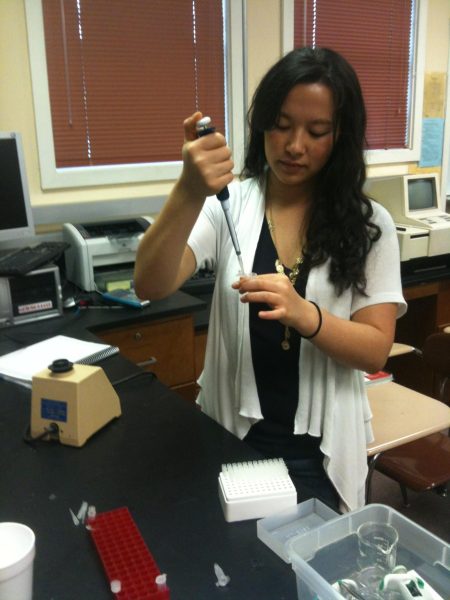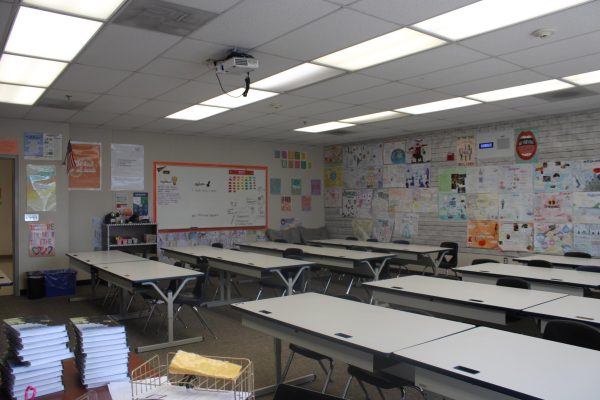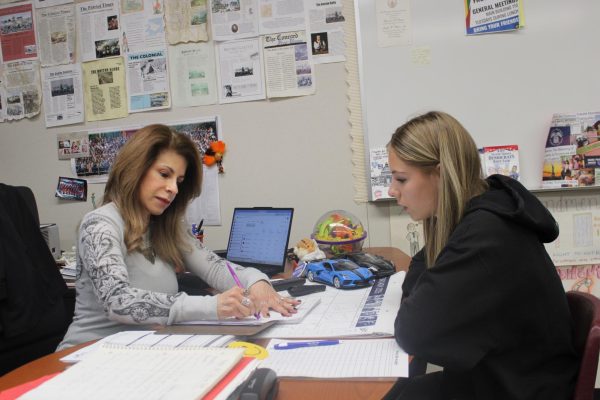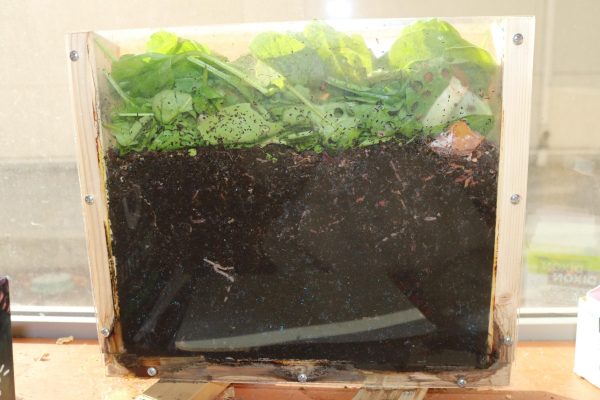Parent pressure presence pushes pupils
What drives AP students to kill themselves over hour upon hours of homework?
There are those that get inspired internally and do schoolwork for themselves. But there are others that derive their motivation from external sources, specifically their parents.
In a recent seven-question survey, 210 Cal High students were asked to rate how much their parents influence them and their class choices.
Nearly 75 percent of respondents said their parents influence their class choices to some extent. Nearly 11 percent of students said their parents select their classes for them.
These students who have no say in their course slections took an average of 4.33 AP or honors classes this year. But the 40 percent of students who answered that their parents let them choose their own classes took an average of 2.57 AP or honors classes.
“I feel like I don’t really have a say in the classes that I take,” said sophomore Sanjana Murthy, who is taking two AP/honors classes this year and five next year.
Murthy said she sat down with her dad before the school year and planned her schedule.
“My dad even made an Excel [spreadsheet],” she said.
Murthy wanted to take Dance 2, but the proposition was quickly shut down by her father. Murthy said she thinks that it would be for the better if she could completely choose her own classes.
“They’re my decisions,” she said.
Although parents tend to influence their kids to take more AP classes than they would normally take, about half of the respondents said this input was helpful.
“We’ve always basically had a chill relationship,” said senior Sophie Cipolla, who wasn’t influenced much by her parents. “I planned out my schedule for the next four years as an eighth grader, so they [my parents] were just like, ‘Wow those are a lot of hard classes. Are you sure you’re ready for that?’ And I was like, ‘Yeah,’ and they just said, ‘OK.’”
But Advanced English 10 teacher Gilita Thomas has seen quite a few cases with overbearing parents throughout her teaching years.
“I had a kid come in to see me, and she was crying about how her parents were making her drop my class because she had a B,” said Thomas.
One respondent wrote about a similar problem with overbearing parents.
“I do not get any support from my family. An A is expected a B is a failure,” the respondent wrote. “If I am stressed about classes or anything really, my parent will say it is my fault so I am always on my own.”
Of course, every student’s situation is different, and it is impossible to precisely categorize the influences of parents.
Junior Abeeha Shamshad believes her parents are overbearing because of cultural differences.
“They’re pretty typical like overbearing immigrant parents,” Shamshad said. “I know they want the best for me, but things are the way they are. For every kid out there that’s getting a 4.9, there’s gotta be kids getting 3.3.”
Shamshad says that because she is a first generation American, her parents know little about the education system here.
“When I got my SAT score, my parents didn’t even know what it was out of, and they were still disappointed with my score,” said Shamshad. “I was like crying cause I got a good score and they’re just like, ‘Next time perfect score right?’”
Even though the responses varied so extremely, one constant throughout all of the interviews has been a belief that their parents want only what’s best for their children.
In the end, Shamshad’s words can be a good summarization of the issue with parental influence.
“Motivation is one thing,” she said, “but when you base your child’s worth on GPA and SAT scores, that’s concerning.”




